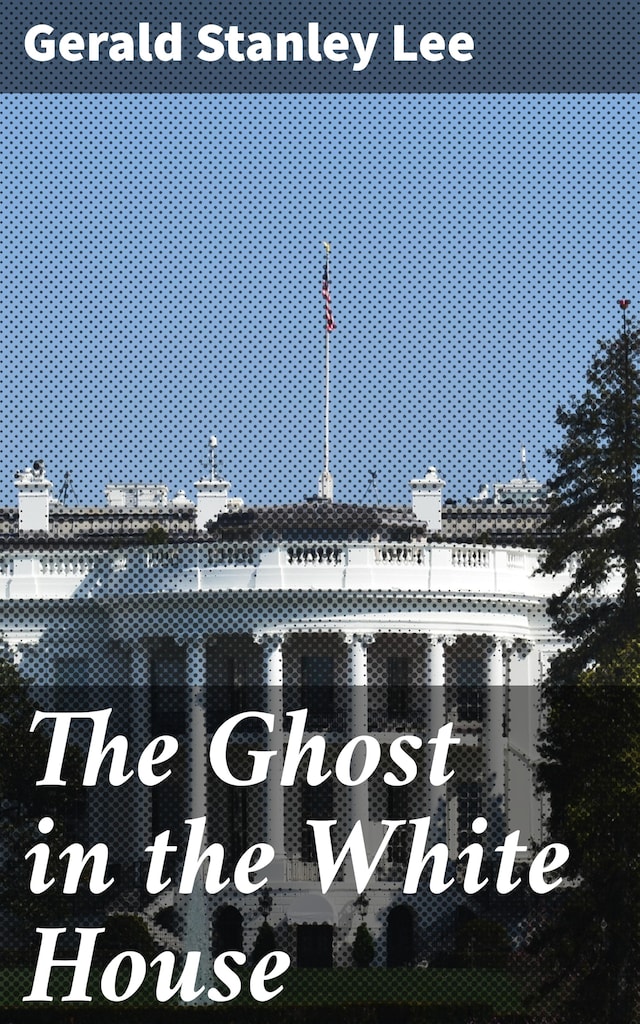
The Ghost in the White House
Exploring power, morality, and integrity in early 20th-century America
Description of book


